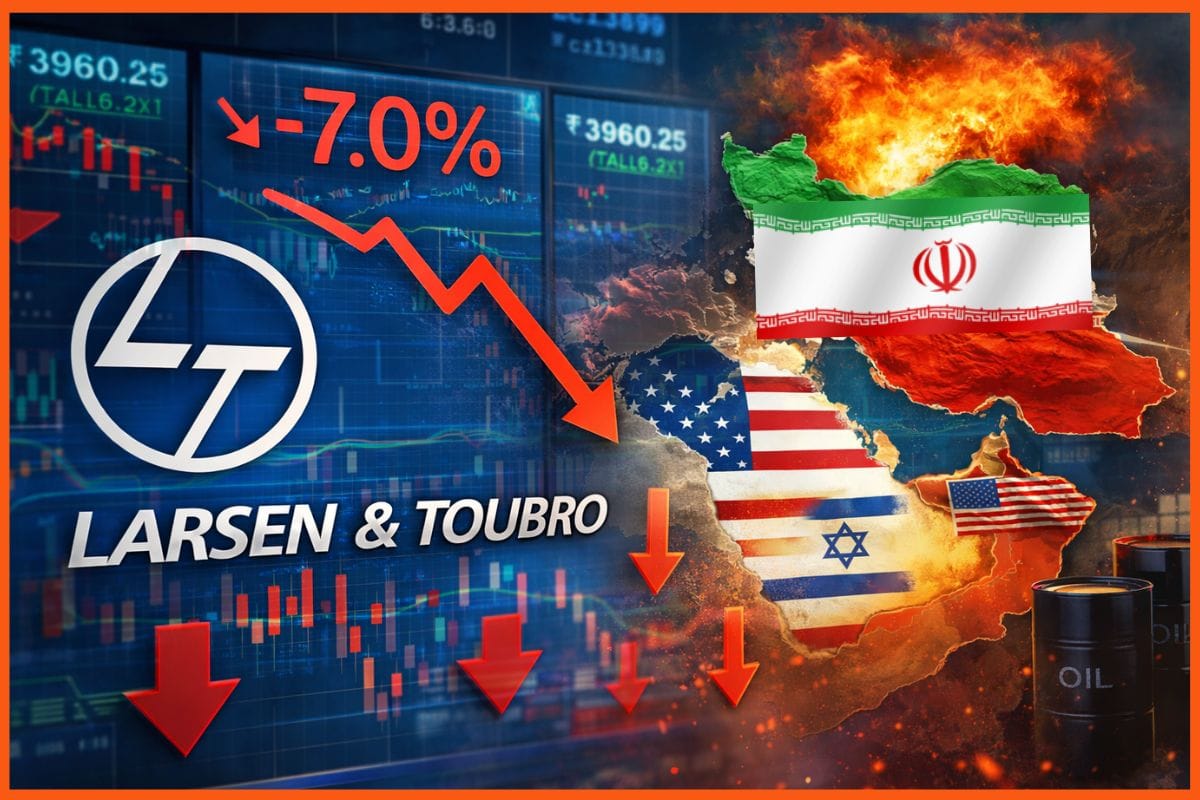How to Scale a Fashion Business from Startup to ₹100+ Crore Brand: Key Strategies That Work
✍️ Opinions
This article has been contributed by Esha Bhambri, Co-Founder & Creative Director, House of Fett.
Scaling a fashion business from a startup to a ₹100+ crore brand doesn’t happen by chance—it takes vision, persistence, and financial discipline. Many entrepreneurs start with passion, but long-term success depends on making smart business decisions, negotiating costs, and being deeply involved in operations. Here are key lessons that can help other fashion entrepreneurs scale their business effectively.
1. Scaling Starts with a Strong Vision & Relentless Persistence
The biggest difference between brands that stay small and those that scale is the founder’s vision. When I started, I had no external funding or big industry backing—but I envisioned a ₹100 crore brand from day one. No matter what challenges came in my way—economic downturns, cash flow issues, rejections—I remained persistent.
Entrepreneurs often underestimate the power of setting clear goals. If you want to scale:
- Think big, but plan smart—a vision without execution is just a dream.
- Be relentless—every founder faces obstacles, but those who push through will see long-term growth.
- Stay adaptable—if something doesn’t work, pivot quickly without losing sight of the bigger picture.
2. Managing Costs Like Every Rupee Counts
One of the most overlooked skills in business is cost control. Many startups fail because they overspend early on and struggle with cash flow. I personally handled all company expenses, negotiating every cost to the lowest possible value. Every rupee saved was a rupee earned.
To scale successfully, entrepreneurs must:
- Learn to negotiate—from store leases to raw materials, suppliers, and logistics, small savings add up to big margins.
- Cut unnecessary overheads—fancy offices, excessive hires, and expensive marketing may look good, but they drain capital.
- Prioritize smart spending—invest in product quality, retail experience, and customer acquisition rather than vanity metrics.
Even today, I review major operational costs to ensure the business remains lean, allowing us to reinvest profits into expansion.
3. Founders Must Know Everything in the Early Stages
In the early years of a startup, there’s no budget to hire senior executives or expensive consultants. As an entrepreneur, you need to understand every part of the business—operations, finance, marketing, supply chain, and HR.
I personally managed:
- Retail leasing and negotiations to get the best locations at the lowest possible cost.
- Vendor and supplier pricing to ensure our production and logistics costs remained under control.
- Marketing budgets and campaign strategies, ensuring maximum ROI from them and influencer collaborations.
Once the business scales, you can hire specialists, but in the beginning, a founder must wear multiple hats and build systems from scratch.

4. Balancing Creativity with Commercial Decisions
Many fashion entrepreneurs get caught up in the design process and overlook the business side of things. While creativity is essential, a brand can only grow if it’s commercially viable.
To scale, you must:
- Track sales data—analyze what works and adjust future collections accordingly.
- Test in small batches before investing in large production runs.
- Understand your audience—fashion isn’t just about trends; it’s about knowing what your customers actually buy.
Every creative decision must align with market demand and revenue potential.
5. Building an Omnichannel Business for Maximum Reach
A fashion brand can’t rely on a single revenue stream. Today’s successful brands scale by combining physical retail with a strong digital presence.
Key strategies for omnichannel success:
- Retail stores build trust & brand experience.
- E-commerce offers scalability and convenience.
- Social media & influencer marketing drive engagement & sales.
Many brands start purely online and struggle to scale offline because physical retail requires different expertise. A balanced omnichannel approach ensures consistent cash flow and multiple growth avenues.
6. Reinvesting Profits for Long-Term Growth
In the early stages, profitability should be reinvested, not withdrawn for luxuries. I chose to prioritize business growth over personal gains, ensuring funds were used for:
- Retail expansion & new store openings.
- Strengthening e-commerce & digital marketing.
- Investing in better infrastructure & supply chain.
Many startups make the mistake of spending too much on branding & lifestyle upgrades before establishing a strong business foundation. The key to scaling is delayed gratification—build the company first, enjoy the rewards later.
7. Learning from Failures & Pivoting Quickly
Every entrepreneur faces setbacks. Some of the biggest lessons come from unexpected challenges:
- During COVID-19, all retail stores shut down, and we had no online business at the time. Instead of panicking, I used the last ₹30,000 left on my credit card to build an online store myself through Shopify tutorials.
- When one of our best-performing stores was shut down to accommodate a retail giant, we took it as a sign to expand beyond Delhi instead of limiting ourselves to one region.
Scaling a brand is not just about winning—it’s about recovering from losses and making bold decisions when faced with uncertainty.
Final Thoughts: The Mindset Required to Scale a Fashion Business
Scaling a startup into a ₹100+ crore brand is not about luck—it’s about:
- Believing in your vision even when others doubt you.
- Managing costs ruthlessly and negotiating every deal.
- Being deeply involved in every aspect of business operations.
- Balancing creativity with commercial strategy.
- Reinvesting profits to ensure long-term sustainability.
- Adapting to failures and using them as opportunities to pivot.
If you’re an aspiring fashion entrepreneur, dream big, stay persistent, and be ready to work harder than you ever imagined. Success in fashion isn’t just about beautiful clothes—it’s about making smart business decisions every single day.

Must have tools for startups - Recommended by StartupTalky
- Convert Visitors into Leads- SeizeLead
- Website Builder SquareSpace
- Run your business Smoothly Systeme.io
- Stock Images Shutterstock






